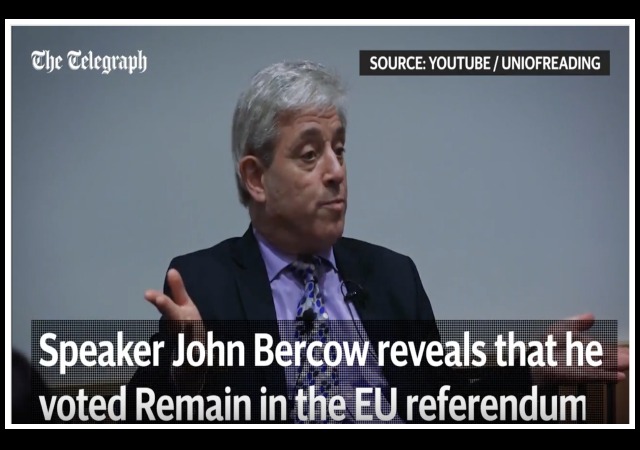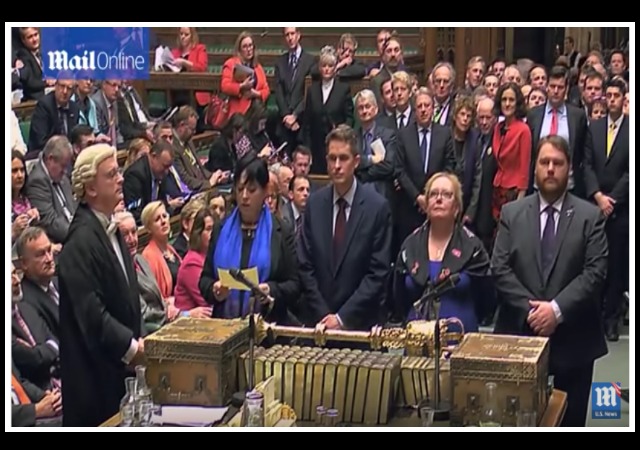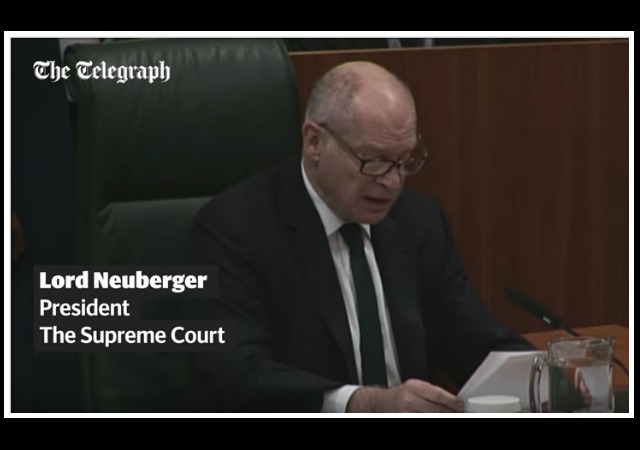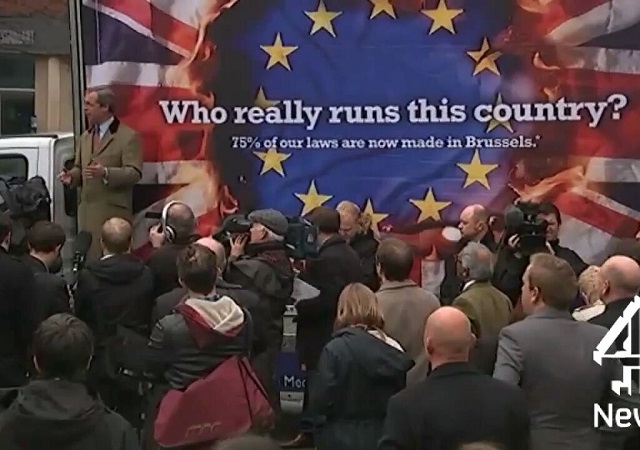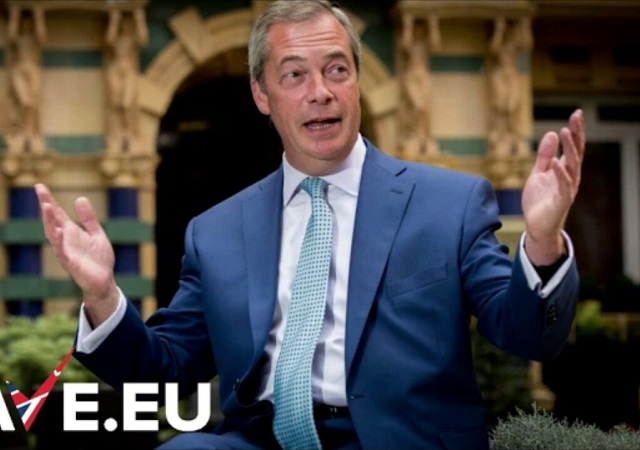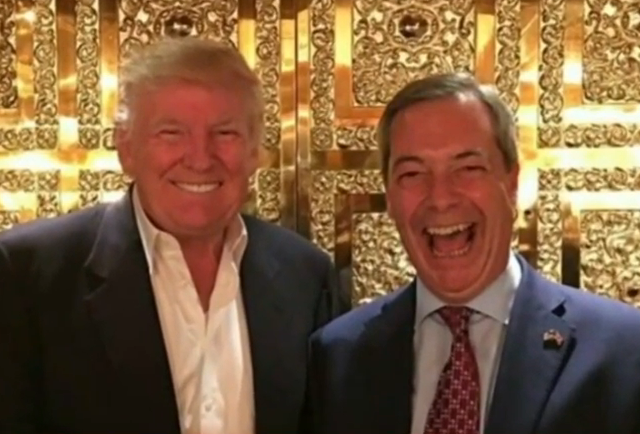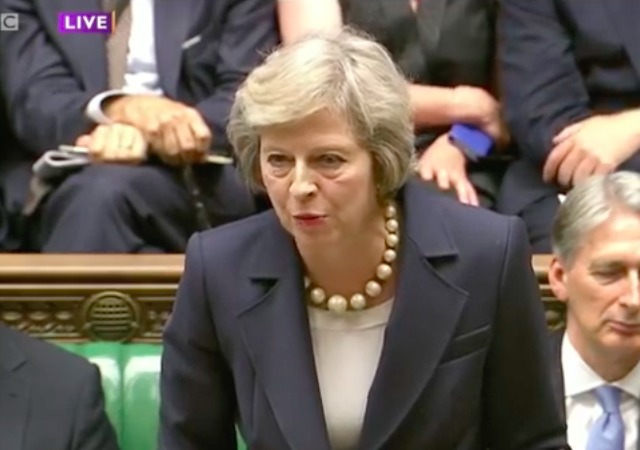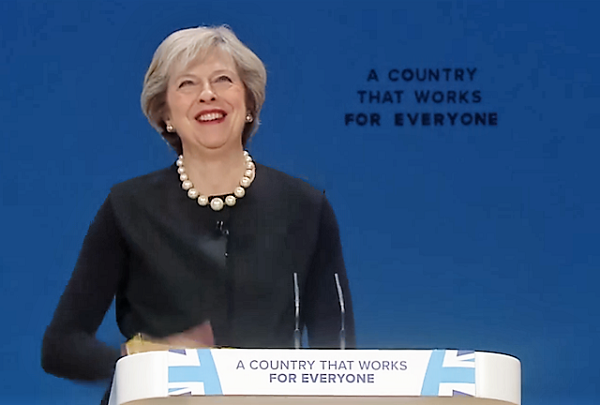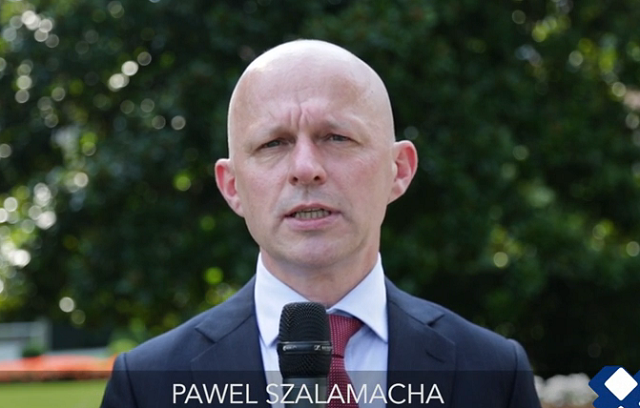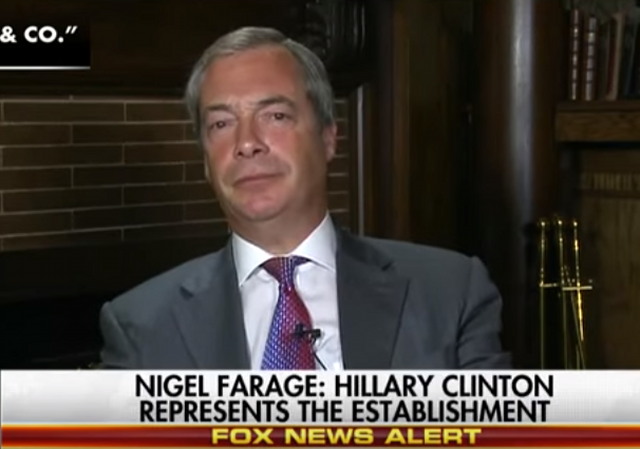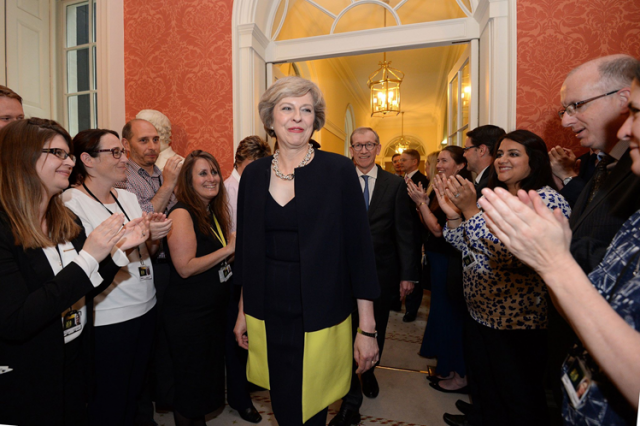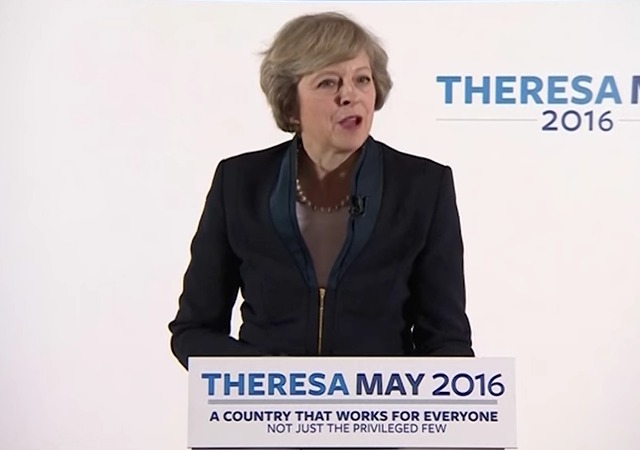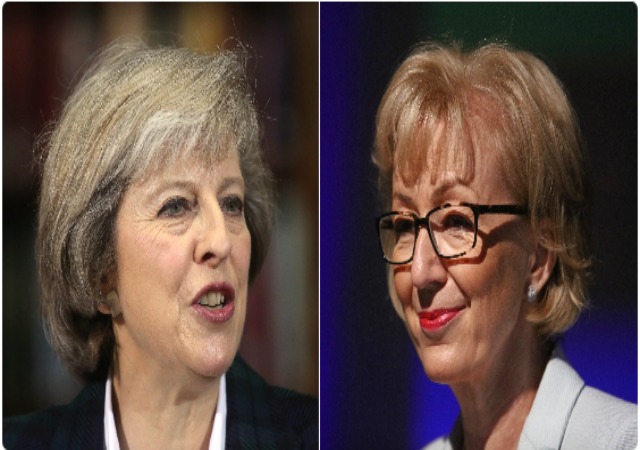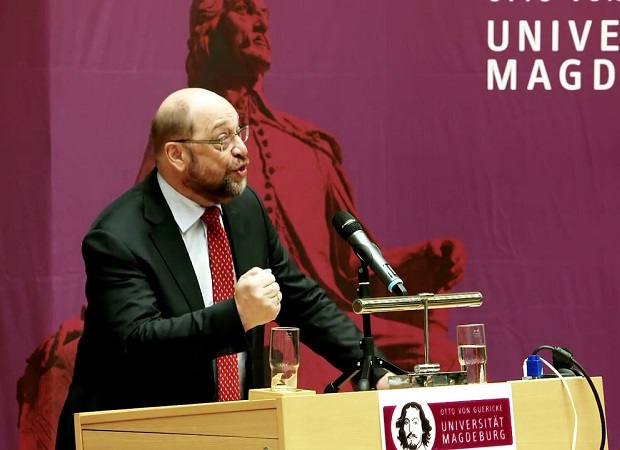UK Speaker Bercow Voted Remain in Brexit Vote
on February 13, 2017
0 Comments
Uh oh. UK Parliament Speaker John Bercow has found himself in deeper water after he revealed to students that he voted for the UK to remain in the European Union on the Brexit vote. From The Telegraph:
His fresh comments appear to breach the convention that Speakers of the House of Commons do not allow themselves to be drawn into political debate.

